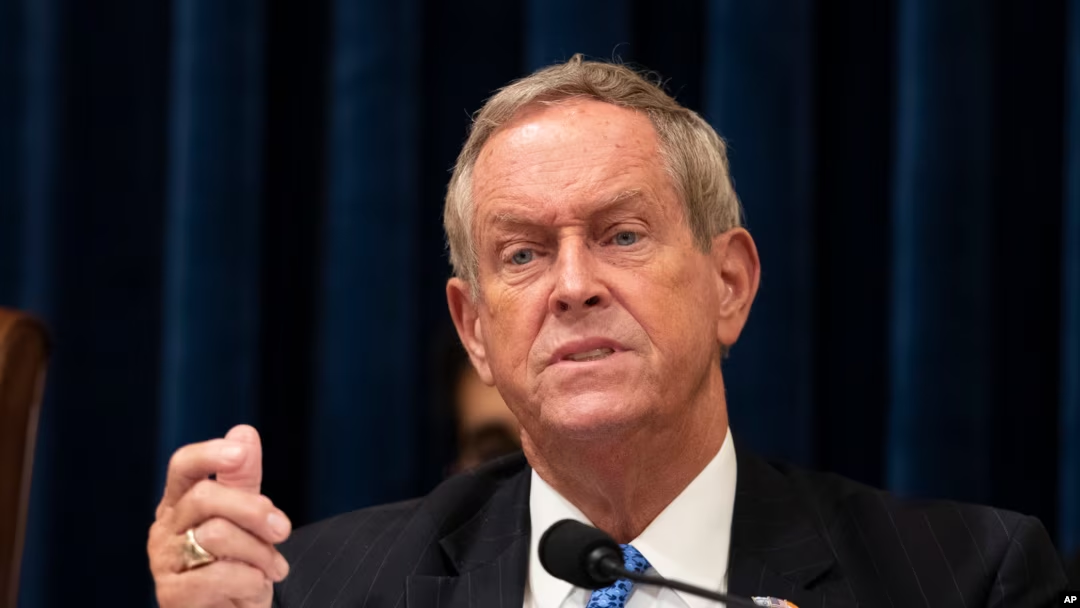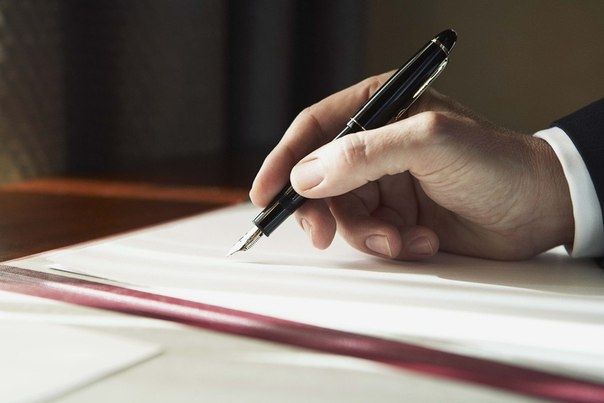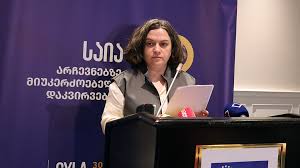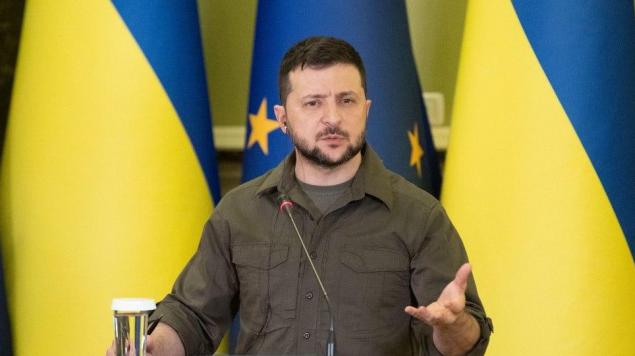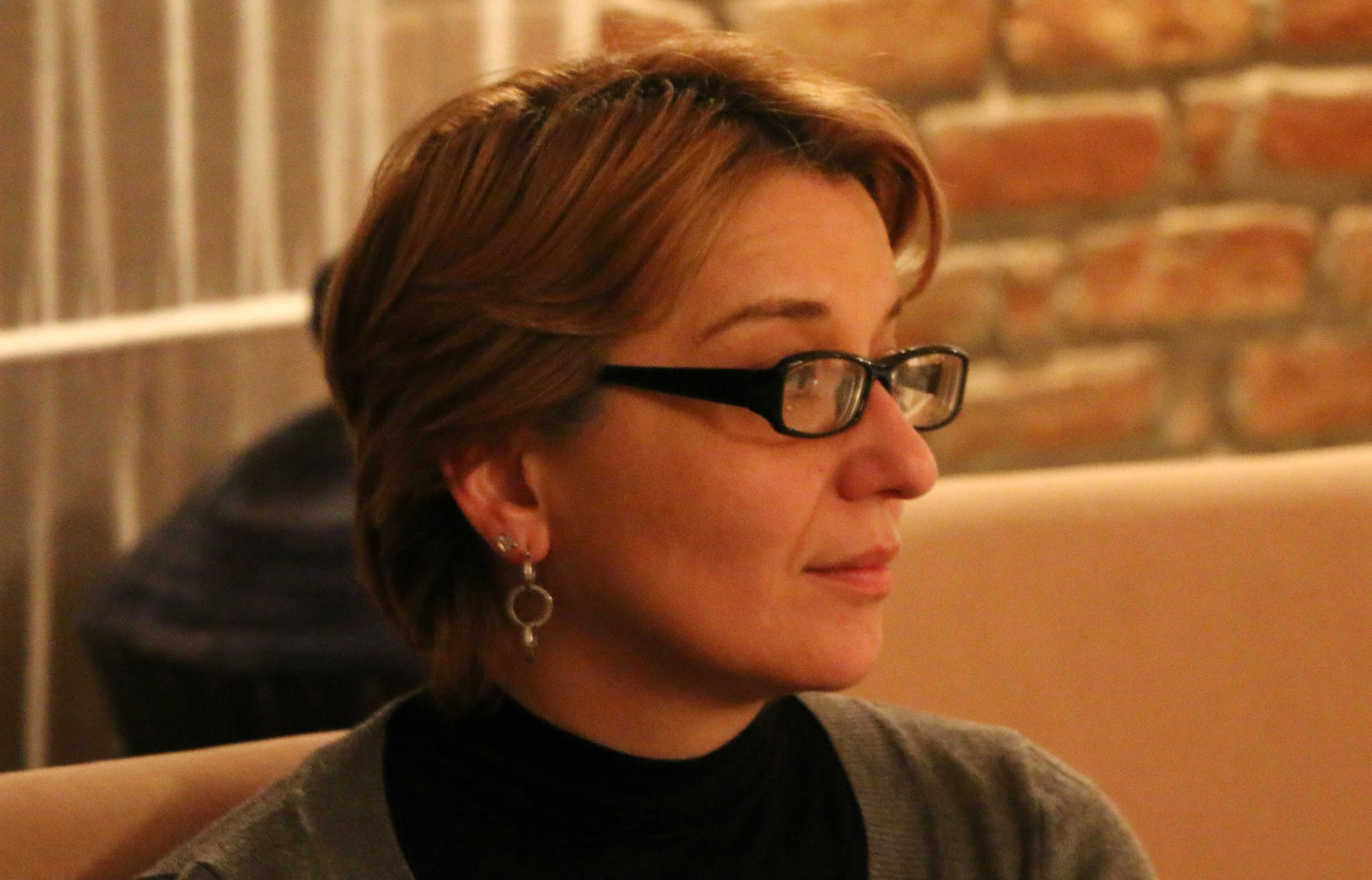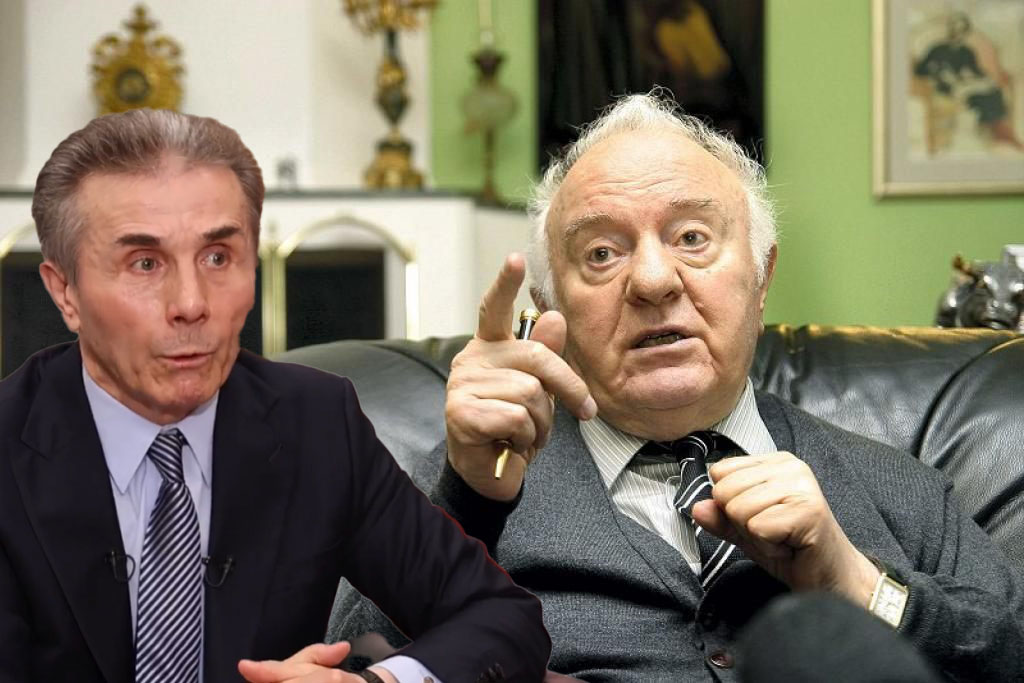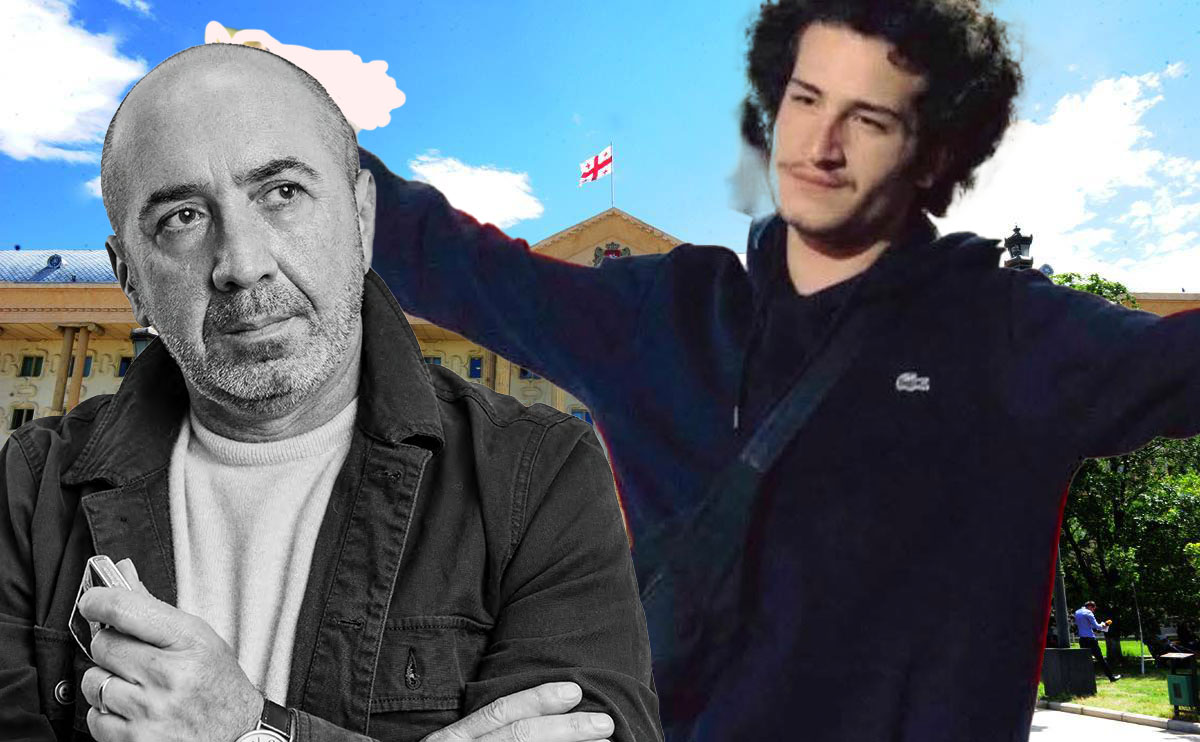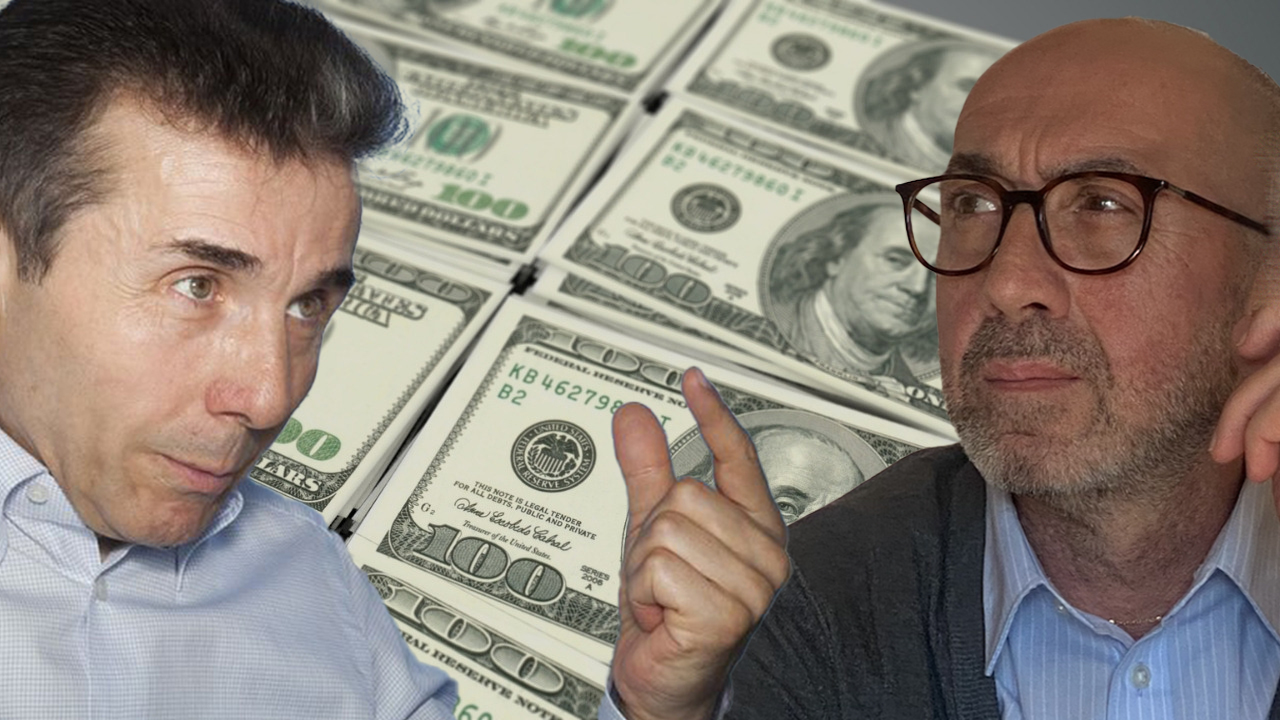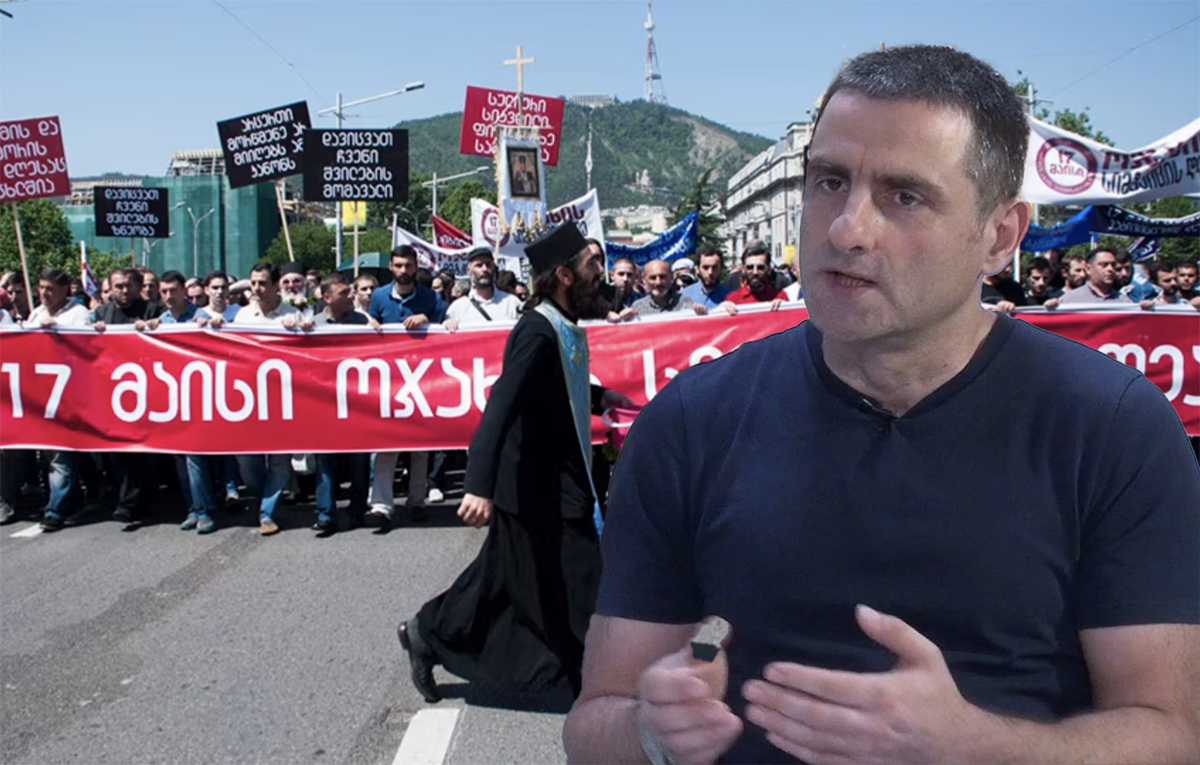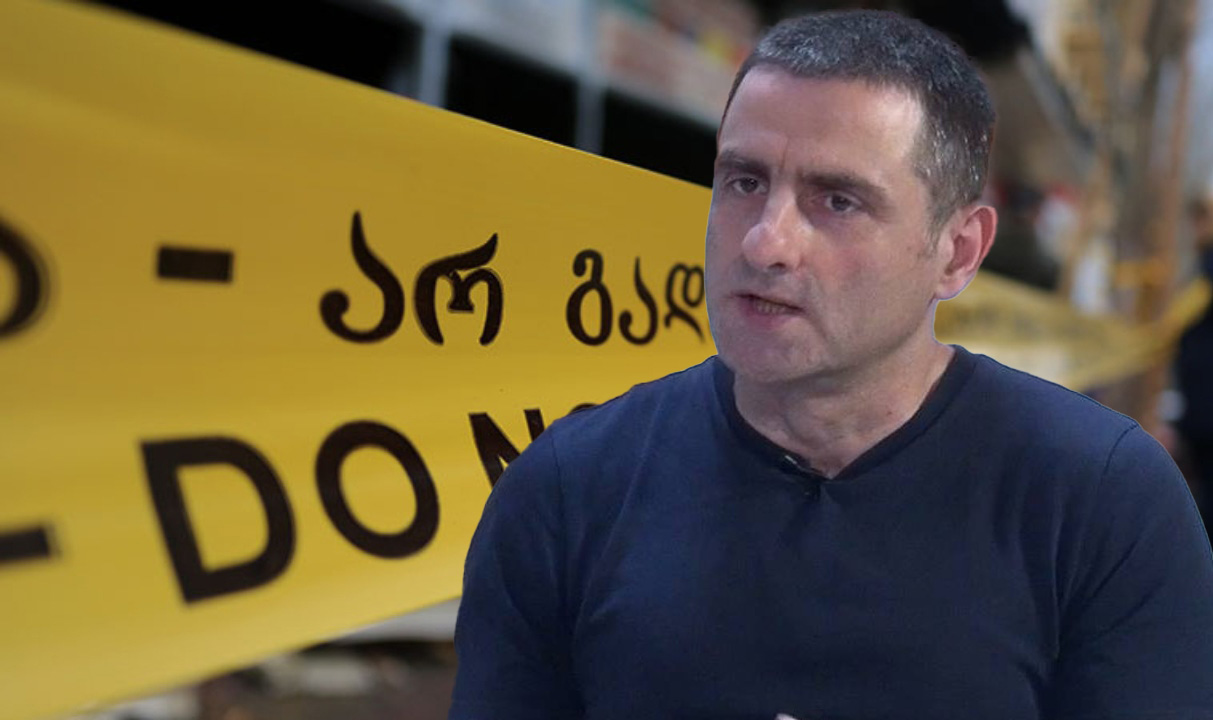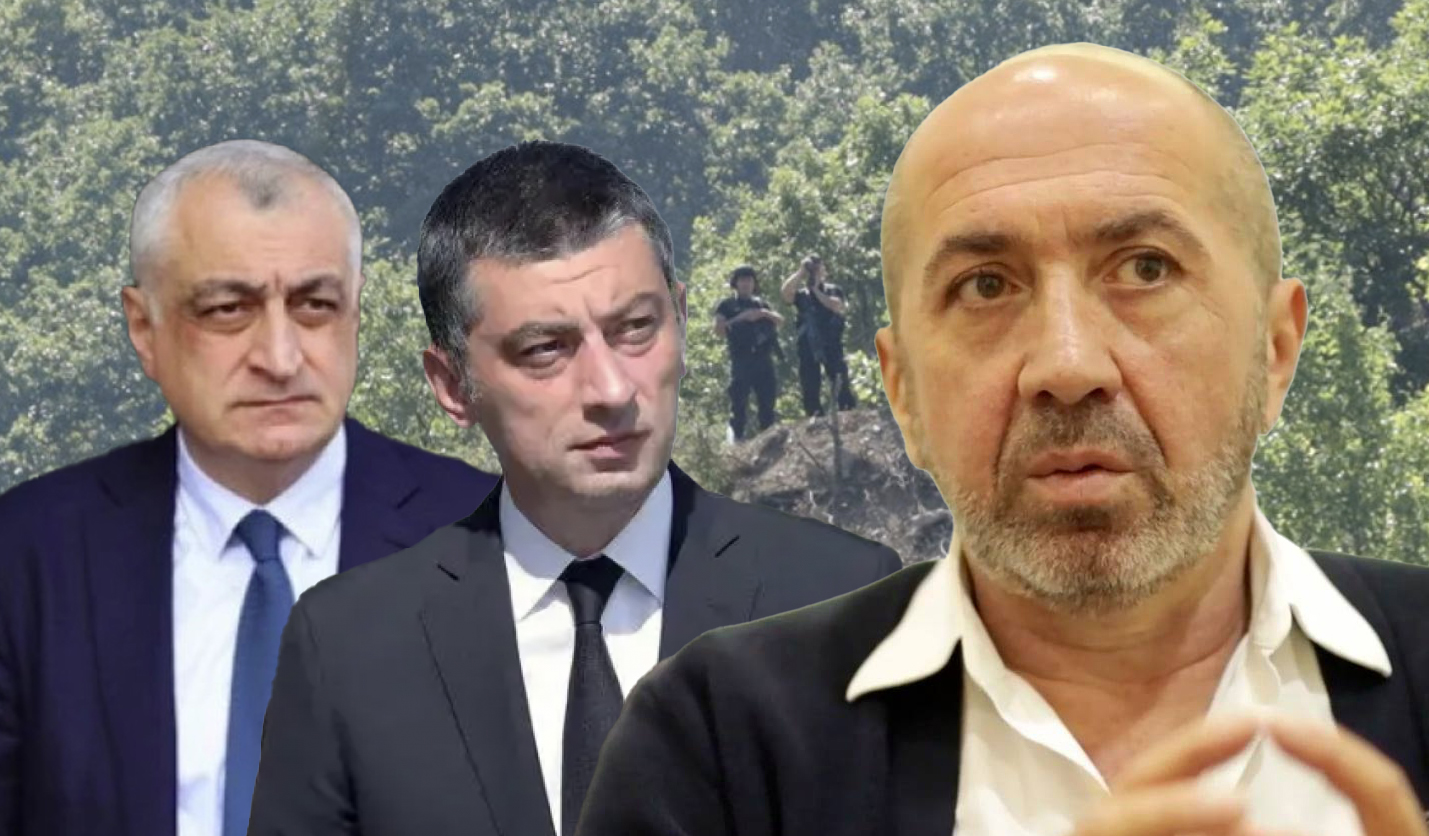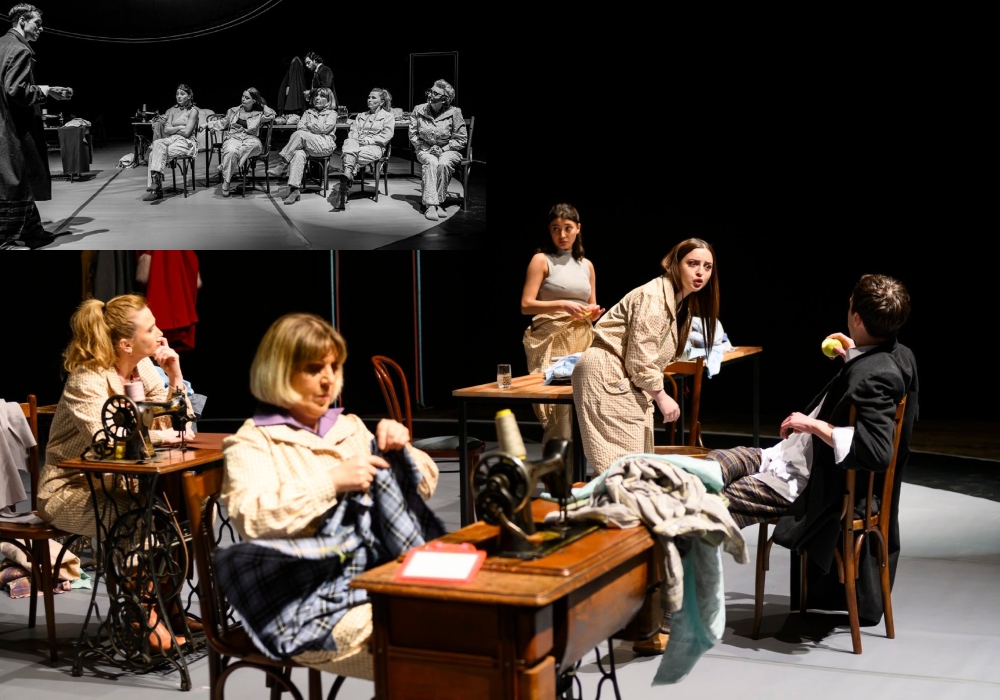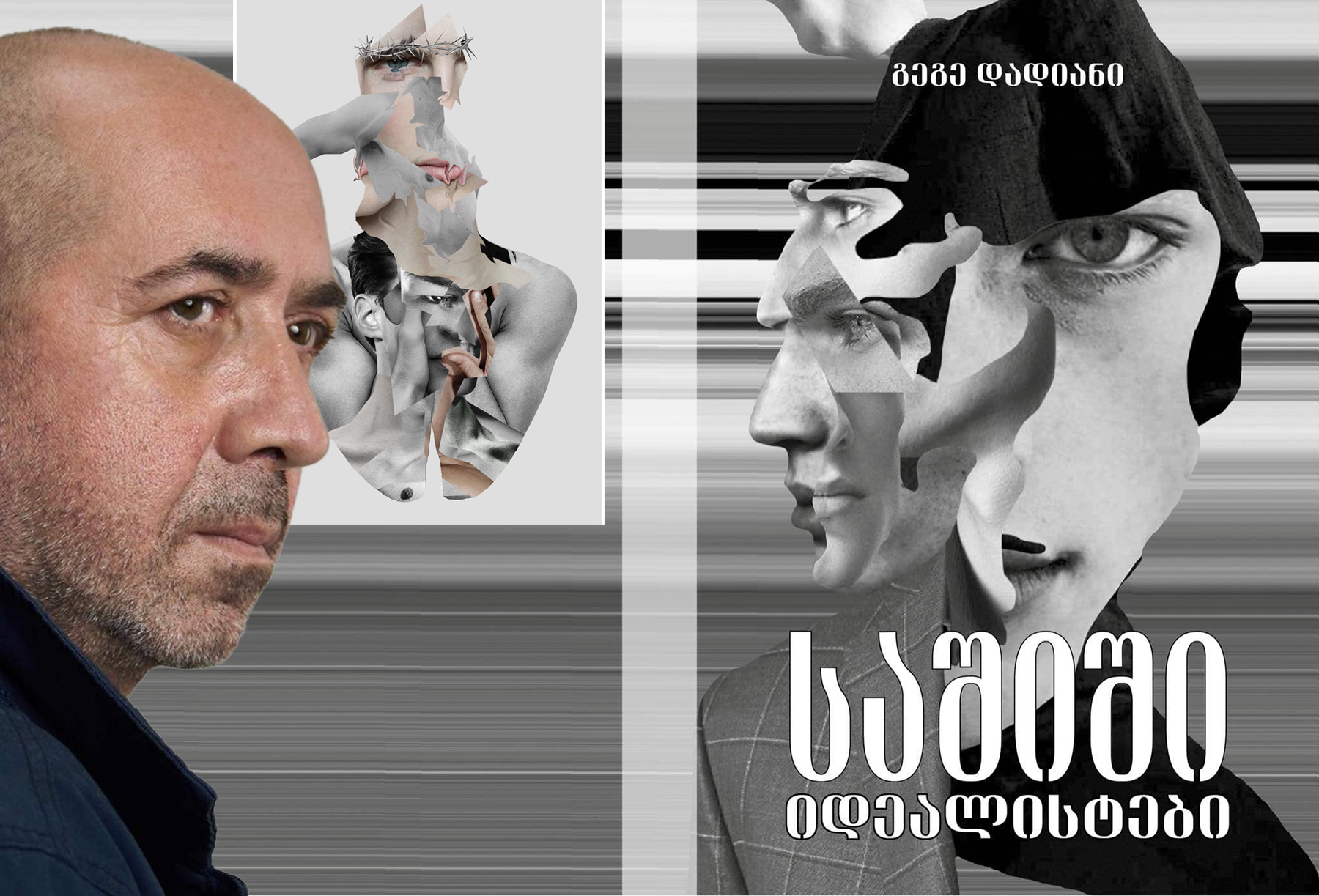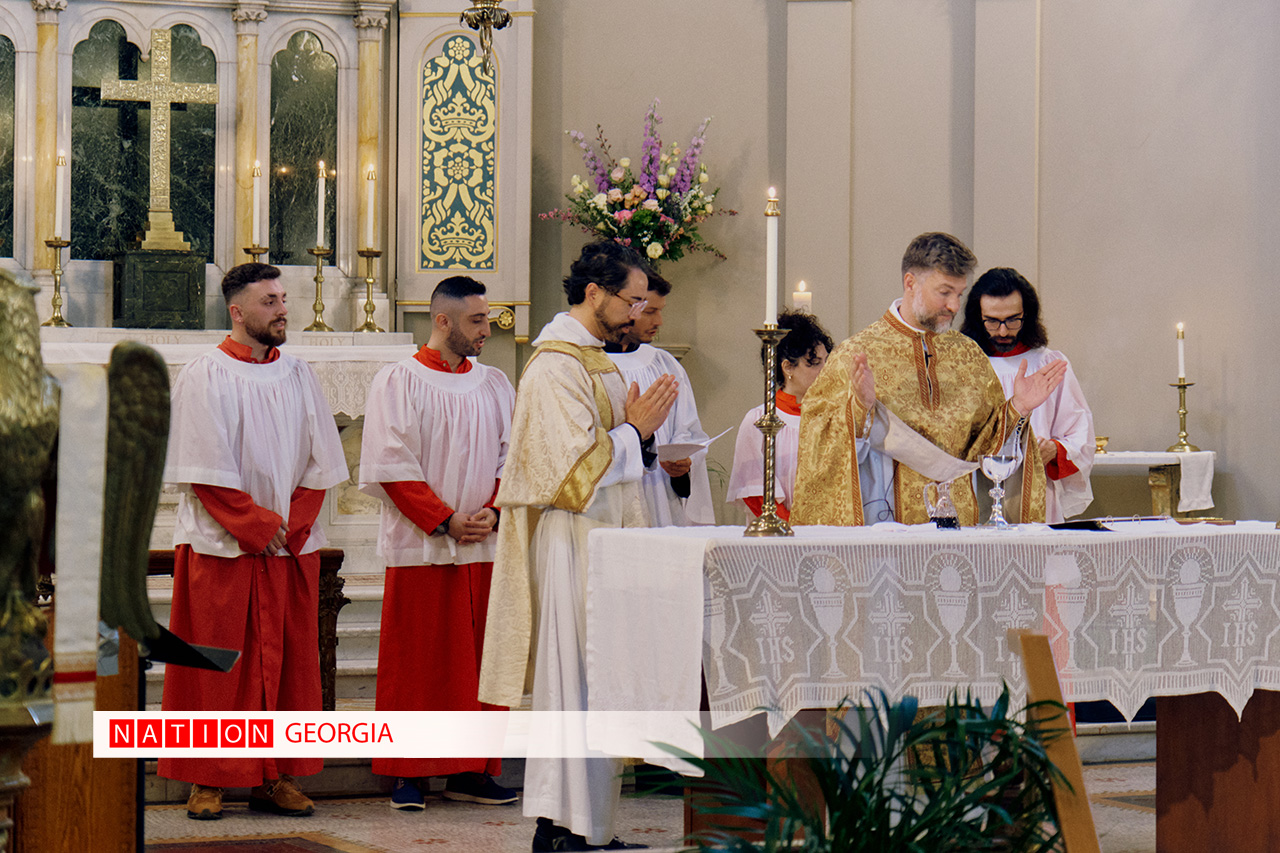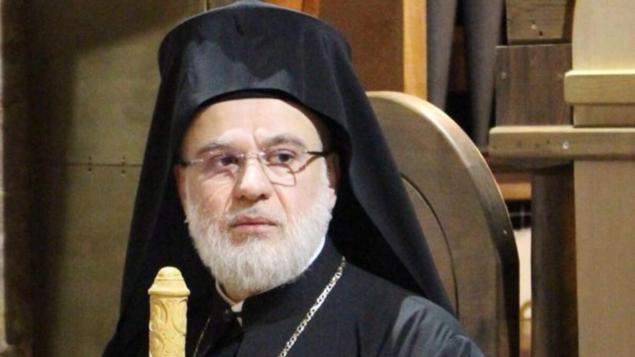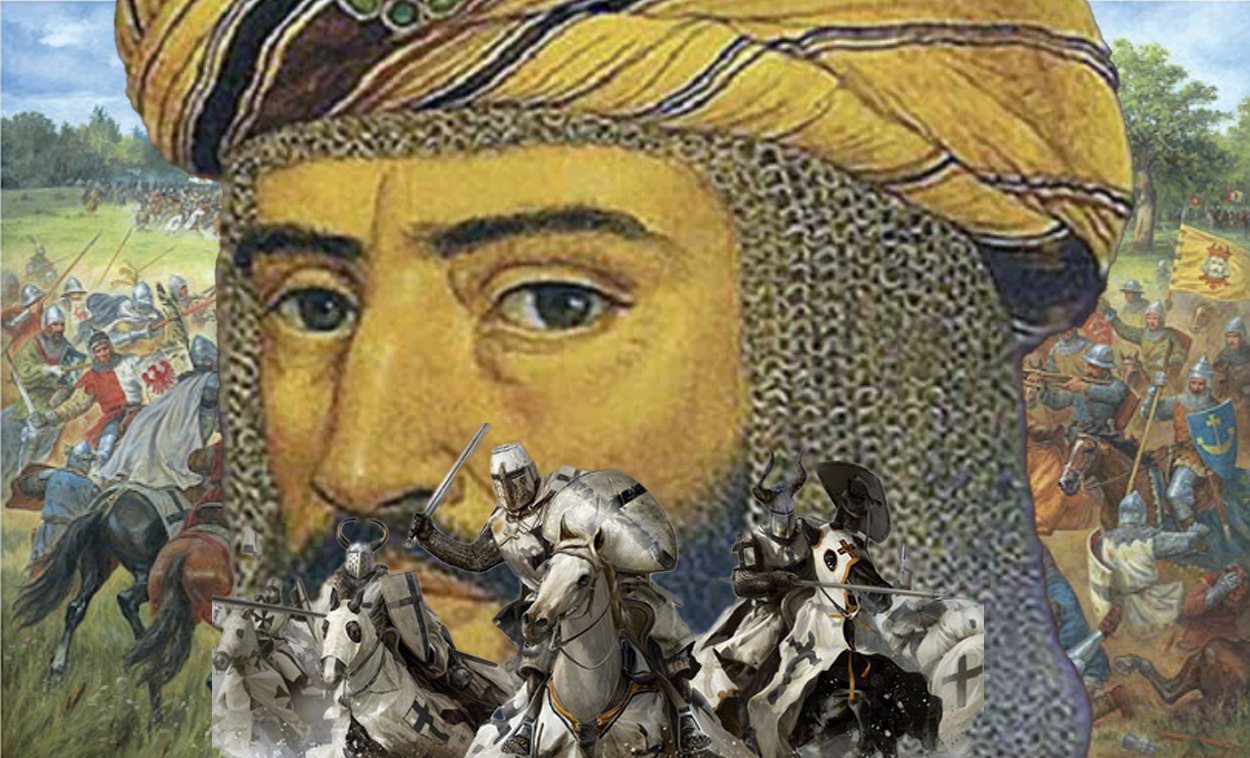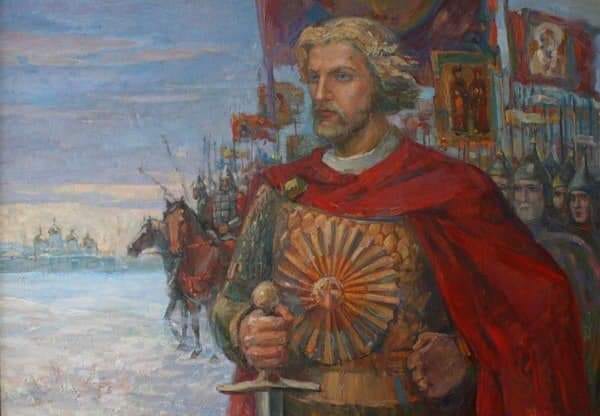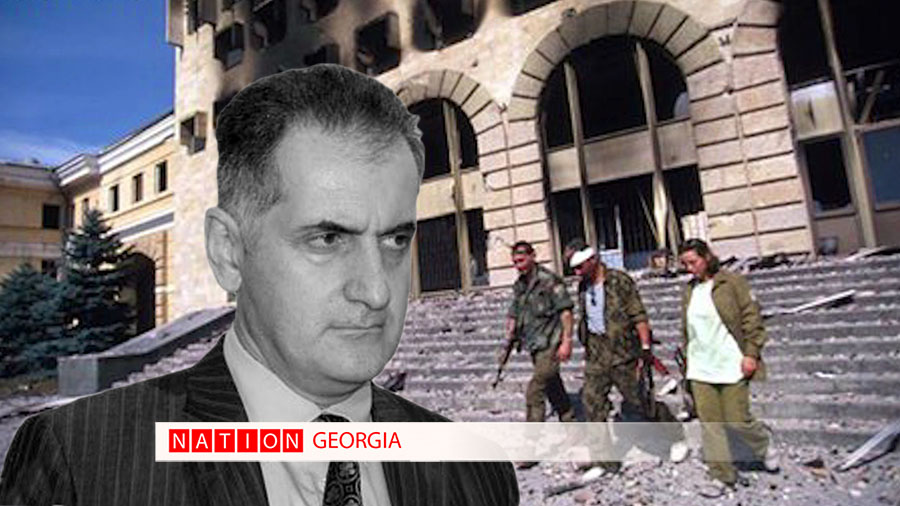
Russian war against Ukraine transforms Europe - Borrell
28.09.2024 ნახვები: 396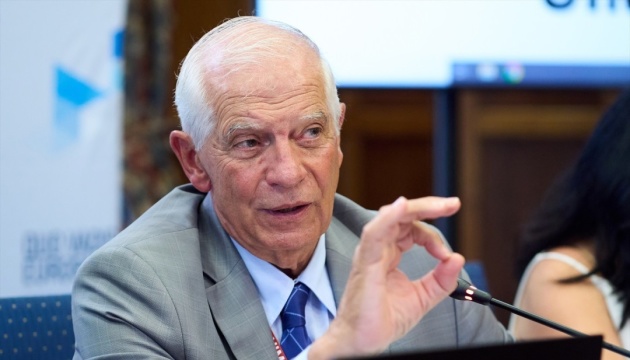
EU High Representative Josep Borrell said this on Friday in New York during an address to the meeting under the auspices of the Foreign Affairs Council on the sidelines of the UN General Assembly, reports an Ukrinform correspondent.
"You start thinking in terms of power when you feel the heat of war – or the heat of the threat. That is why the war in Ukraine has transformed Europe. It has made us be in touch with power. For the first time since the Second World War, danger threat, fear have materialized in an indisputable way. I will always remember the day in which at 6 o’clock in the morning my phone rang, and a voice on the other side told me: ‘they are bombing Kyiv. They are bombing Kyiv.’ And Kyiv is not very far away from the Polish border. Yes, Russia invaded a European country. What is important is that the brutality of the Russian invasion helps us unify our perception of the threat. Whereas until then, the Russian threat had not the same meaning in Riga as in Lisbon. Certainly not. Geography matters, and it matters a lot," remarked Josep Borrell.
He emphasized that he will always remember the day when he received a phone call early in the morning and the message "they are bombing Kyiv." That's how the full-scale invasion began.
"This war has changed a lot of things. First, the war in Ukraine has forced us to tackle the issue of the use of force in Europe, and the need to adjust to this challenge. As I said, we come from a very far away idea of power. We were a benevolent soft power. Now we are a hard power in the making. This is going to take a long time. We will not be a superpower, as you are, but let's try to be a power. Let's try to have the capacity to mobilize our troops, all together. We are a power in the making, because we want to have a certain capacity to coerce our foes – directly or indirectly," said the EU high representative.
Read also: Zelensky: Victory Plan presented to America, every point explainedHe emphasized that the Europeans have realized that they have common interests that are worth defending, and that this can be done much more successfully through collective efforts than by each country individually. In this context, the unity of the EU has become an amplifier of strength for each of the member states.
According to Borrell, NATO will continue to be the basis of European security, but at the same time the U.S. can have, and actually has, its own interests that are different from those of Europe. That is why the issue of strengthening strategic autonomy is now relevant for the EU, which means strengthening the European component of NATO with the simultaneous development of the capabilities of European nations in defense and defense production.
"We can no longer ask ourselves every four years where our security will remain. Every four years asking ourselves: ‘will the Americans continue to be willing to defend and support our defense, or not?’ In fact, there is a consensus on both sides of the Atlantic that Europe must do more on defense. That is true, fully true. We are, on average, about 2% of Gross National Product (GNP) on defense expenditure. But it varies a lot. Some Member States are at 4%, others are at a very small 1.5%. So, a lot has to be done, and my plea to my colleagues, my Member States is: ‘do it together,’" said Josep Borrell.
Read also: Borrell meets with Iran’s top diplomat, condemns missile supplies to RussiaAs reported earlier, the 79th session of the UN General Assembly is underway in New York. On September 24-28 and 30, high-level general debates take place.

